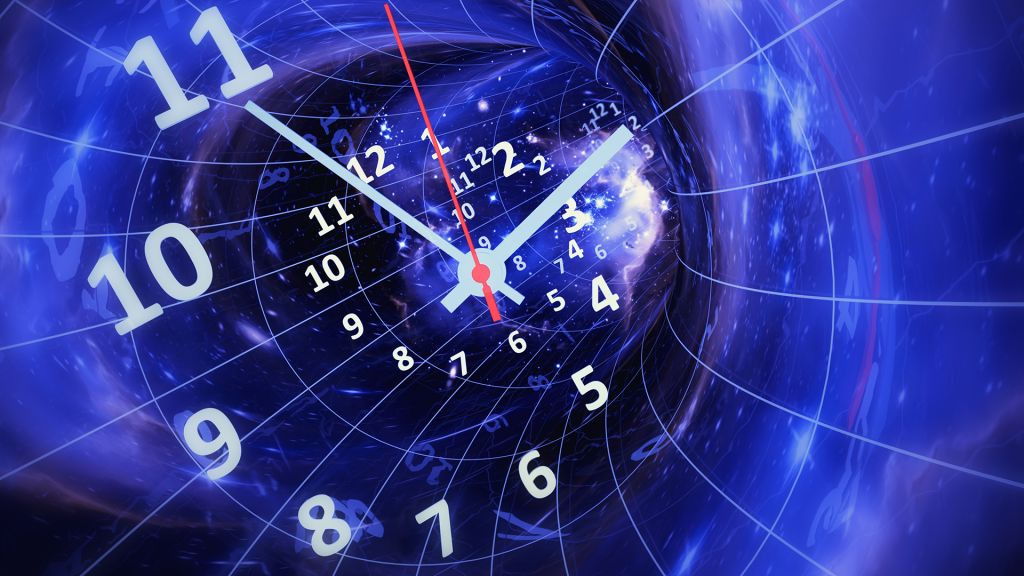A 20-year study of 190 supermassive black holes has shown that time flowed five times slower at the dawn of the Universe than it does now

Albert Einstein proved decades ago that time and space are inseparable. However, because of the expansion of the Universe, events that occurred after the Big Bang now appear to have slowed down. As it turned out, time flowed many times slower at the dawn of the Universe than it does today.
Here's What We Know
Scientists at the University of Sydney have come to this conclusion. Their study took two decades. During this time period, they observed 190 active supermassive black holes at the centres of galaxies. They are emitted by intense radiation and are called quasars.
Scientists observed the distorted radiation of supermassive black holes. The quasars were chosen so that their luminosity varied in the same way. The researchers then calculated the distortion frequencies of the quasars, which are about the same distance away.
The emissions that astronomers can now detect were emitted 3-12 billion years ago. By comparing the distortion frequencies, scientists have found that time went slower in the past than it does now. Specifically, 3 billion years ago it was 1.2 times slower and 12 billion years ago it was 5 times slower.
Source: The University of Sidney
Image: space